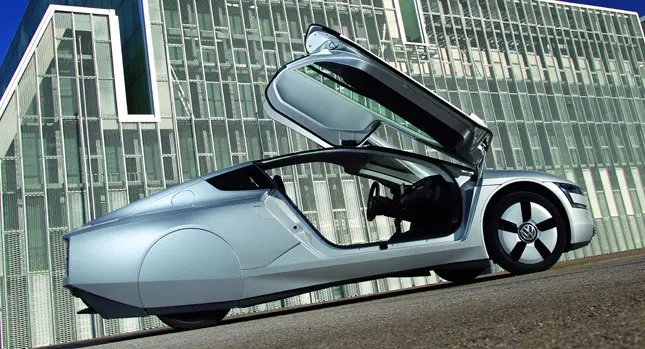Global – The aluminium content of cars produced in Europe could climb to nearly 200 kg per vehicle on average by 2025 compared to 150 kg today, concludes a new study by research firm Ducker Worldwide.
The upsurge in aluminium content is most obvious in the rolled and extruded products market, with auto body sheet leading the growth with an expected increase of 110% over the next 10 years.
The anticipated growth in aluminium content is ascribed largely to the metal’s role in lightweighting, according to the report, which was commissioned by European Aluminium. Owing to its inherent strength and its excellent ability to absorb crash energy, well-engineered aluminium car parts are said to be both safer than steel and up to 50% lighter.
The report argues that using 200 kg of aluminium in a car could reduce CO2 emissions by up to 16 grams per kilometre travelled.
‘Without lightweight cars, there can be no energy-efficient mobility,’ declares Dieter Höll, chairman of the automotive & transport board at European Aluminium. The metal is therefore an ‘integral part’ of the EU’s transition to a low-carbon society, he asserts.
Don't hesitate to contact us to share your input and ideas. Subscribe to the magazine or (free) newsletter.



